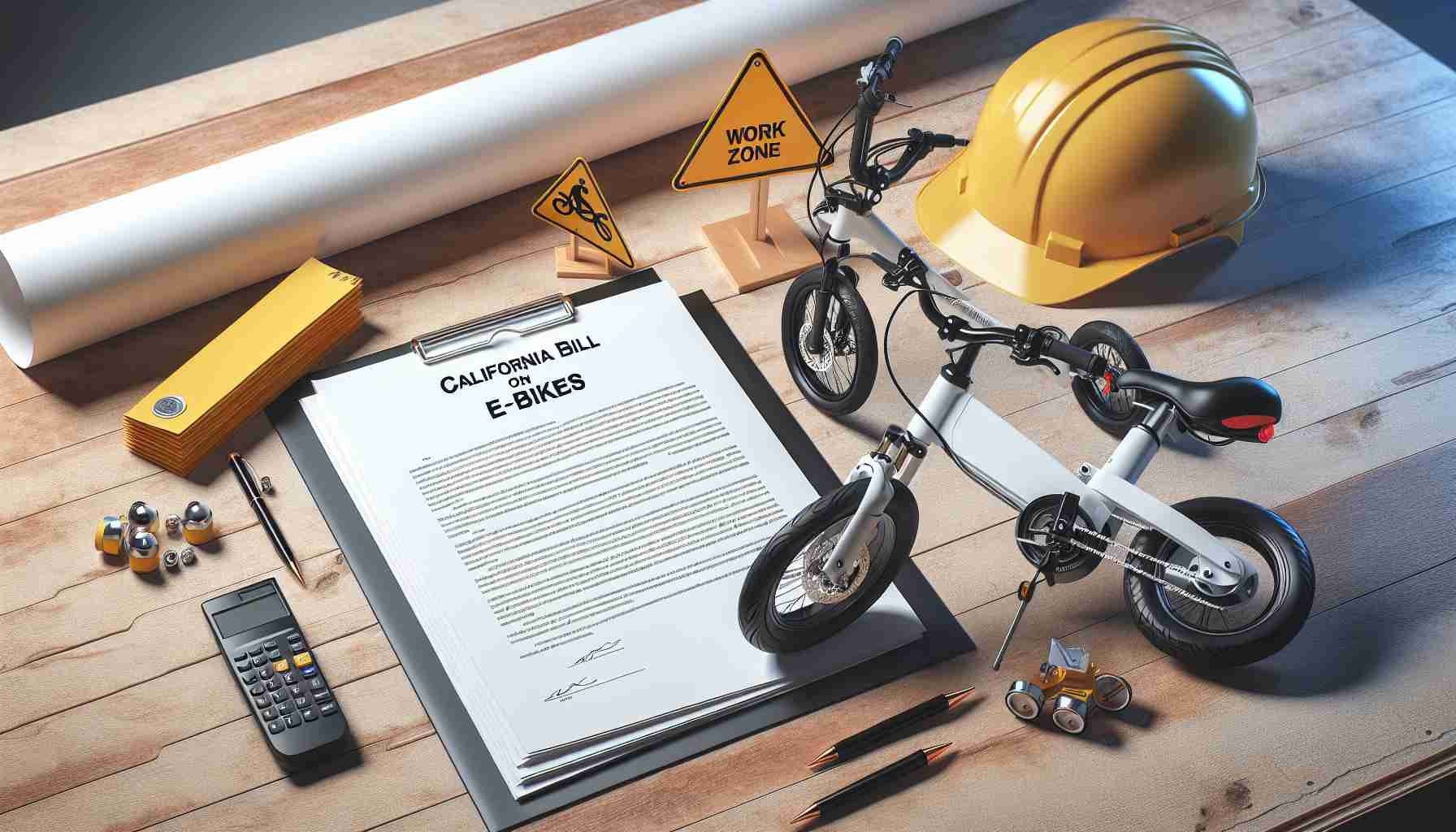California is taking steps to regulate the use of e-bikes with the introduction of Assembly Bill 1774. This new bill seeks to prohibit the sale of any product or device that can modify the speed of an e-bike.
E-bikes, or electric bicycles, have been growing in popularity in recent years. These bikes are equipped with an electric motor that assists with pedaling, making them a convenient and eco-friendly mode of transportation. However, concerns have been raised about the speed at which some e-bikes can travel.
Under AB 1774, it would be illegal to sell any product or device that can modify the speed of an e-bike. This regulation aims to ensure that e-bikes do not exceed safe speeds and become a danger on the roads. By limiting modifications to the speed of e-bikes, California lawmakers hope to create a safer environment for both e-bike riders and other road users.
While some may argue that this new bill infringes on personal freedoms, proponents of the legislation argue that it is necessary to maintain public safety. By setting limits on the speed of e-bikes, the risk of accidents and injuries can be reduced. Additionally, regulating the sale of speed-modifying products or devices can help prevent individuals from using e-bikes in a reckless or unsafe manner.
As the popularity of e-bikes continues to rise, it is crucial to establish regulations that ensure their safe and responsible use. AB 1774 represents a significant step towards creating a framework for regulating e-bikes in California. By addressing the potential risks associated with modified e-bike speeds, this bill aims to strike a balance between personal freedoms and public safety.
Industry and Market Forecast:
The e-bike industry has experienced significant growth in recent years, with a rising demand for eco-friendly and convenient transportation options. According to a report by Market Research Future, the global e-bike market is projected to reach a value of $38 billion by 2025, growing at a compound annual growth rate of 9.01% during the forecast period.
The increasing concerns about air pollution and traffic congestion have contributed to the growing popularity of e-bikes. E-bikes offer a sustainable mode of transportation, requiring less effort from riders while still being cost-effective and environmentally friendly. Moreover, the advancements in battery technology and improvements in e-bike design have made these vehicles more efficient and appealing to consumers.
Regulatory Issues:
The introduction of Assembly Bill 1774 in California reflects the growing need for regulation in the e-bike industry. While e-bikes provide numerous benefits, there are concerns about their speed and the potential risks they pose on public roads.
One of the main issues surrounding e-bikes is the modification of their speed. Some riders may use aftermarket products or devices to increase the maximum speed of their e-bikes beyond the legal limits or safety standards. This can lead to accidents, injuries, and conflicts with other road users.
By prohibiting the sale of speed-modifying products or devices, AB 1774 aims to address this issue and ensure that e-bikes do not exceed safe speeds. The regulation seeks to strike a balance between personal freedoms and public safety, making e-bike riders and other road users less vulnerable to accidents caused by excessive speeds.
National Association of City Transportation Officials
This organization provides resources and guidelines for cities and transportation professionals to improve the design and safety of bicycle infrastructure, including e-bikes. Their website offers valuable information on e-bike regulations, infrastructure planning, and best practices for integrating e-bikes into urban transportation systems.
PeopleForBikes is a national advocacy group that promotes the benefits and usage of bicycles, including e-bikes. Their website provides insights into current policies, trends, and advocacy efforts related to e-bikes. It also offers resources for individuals and communities interested in promoting and implementing e-bike-friendly initiatives.
In conclusion, the introduction of Assembly Bill 1774 in California highlights the need for regulations that ensure the safe and responsible use of e-bikes. As the global e-bike market continues to grow, it is essential to address concerns related to modified speeds to maintain public safety. By implementing such regulations, California aims to strike a balance between personal freedom and protecting the well-being of e-bike riders and other road users.







